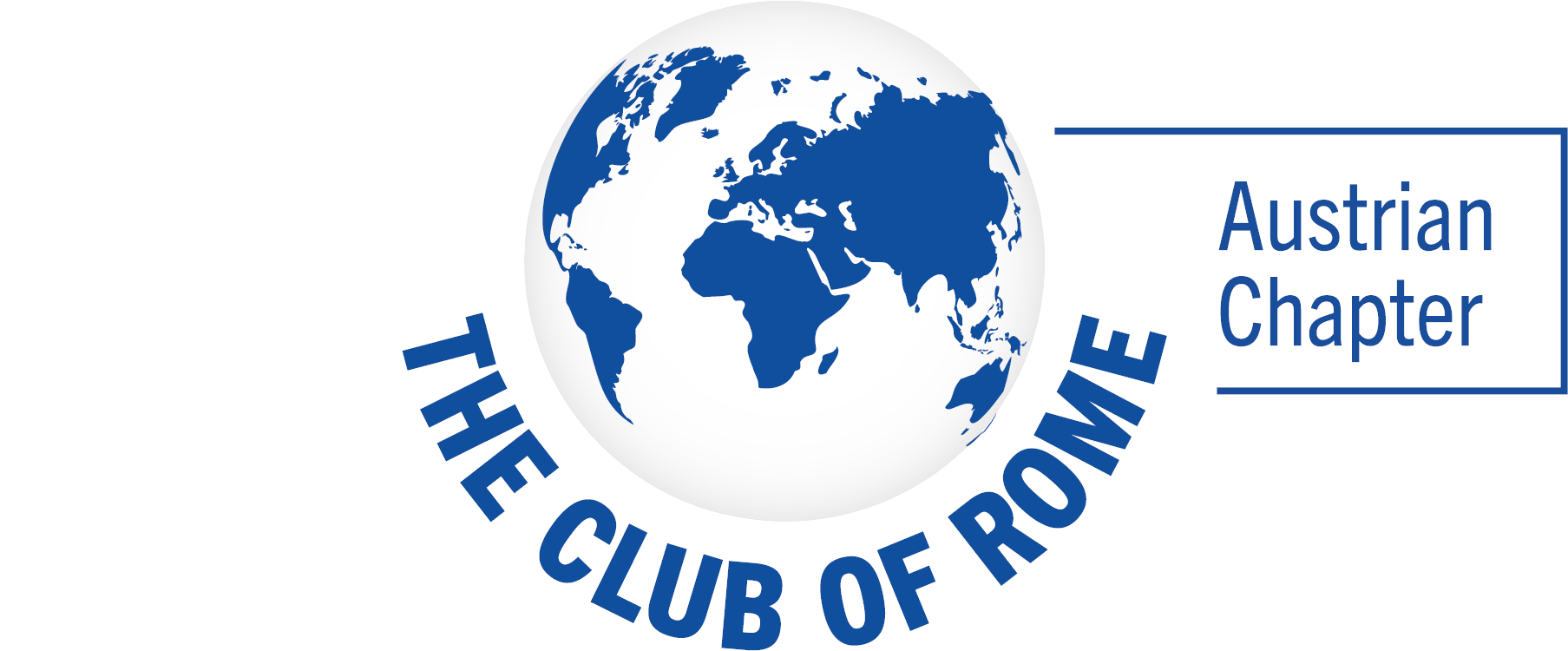A report by Friedrich Hinterberger and Markus Fischer
“It must be a real cooperation – also for the benefit of Africa,” said Hannes Swoboda on Jan. 30, 2023, at our event “European Partnerships for Green Hydrogen with Africa” in the Reitersaal of the OeKB in Vienna. He sees the Green Deal between Europe and Morocco as a first step and refers to the encouraging cooperation between Germany and Namibia, which Rainer Baake told us about.
Michael Losch, who moderated the event, reminded us that the cooperation project between Germany and Namibia creates an order of magnitude of 2/3 of the additional demand for renewable energy decided for Austria. And things are already happening: Hamead Ahrary (Verbund) is working to bring renewable hydrogen from Tunisia to Austria. Imed Derouiche (H2G Green Hydrogen) from Tunisia sees Austria and Tunisia in an excellent position for intensified cooperation. But there are also “rocks on the road”, which Christian Bouda (Innovation Incubation Center & Papillion International Charity), who has many years of experience in Tunisia, pointed out. These include the fragile political situation.
How can we ensure that more people on both continents benefit from these projects?
This requires, among other things, the integration of decentralized photovoltaic technology on the countless roofs in the country that are predestined for it, as well as people who are trained for it. In Austria, some crucial steps have been taken with two projects initiated by the BMK: Georg Wagner (Atmove) reported on the extensive stakeholder processes organized for this purpose, and Petra Schwager (Climate and Technology Partnerships Division UNIDO) brought up the role of her organization, which is to lead to an internationally staffed workshop in Tunis in March. In the discussion, social issues were raised, particularly concerning the involvement of the Tunisian population and corruption and political instabilities in the North African market.
Smart metering is critical to this, said Christian Bouda, because it would allow the profits from photovoltaics to be distributed to the people in the country. Accordingly, Quentin Blommaert (H2-Diplo) at the German GIZ also advocates a holistic approach to hydrogen and a cross-value chain approach. Reinhold Lang (em. Prof. Johannes Kepler University Linz) is also in the same vein and reminds us of the “Green Deal” for Austrian industry in the Austrian government program, which is unique worldwide. The industry is waiting in the wings for this, and we can implement it. But there is still a lot to negotiate and do.
Harald Waiglein (Economic Policy, Financial Markets and Customs BMF) pleaded for a multilateral approach, e.g. via the World Bank. Accordingly, Elfriede A. More (Austrian Climate Ministry) referred to the Austrian hydrogen strategy and said, “we will need international hydrogen alliances with several countries,” – including cooperation at the EU level.
In contrast, Daniel Dahm (German Society Club of Rome & United Sustainability Group) pleaded for a polycentric approach – this would also be an opportunity for Austria. In addition, he mentioned the challenge of creating benefits for local populations. Several speakers pointed out the danger that green energy could be exported while developing countries would be left behind with fossil fuels. Therefore, Daniel Dahm reported on the experience with Desertec and emphasized the need to involve local civil society.
However, the event gave the clear impression that new energy projects have moved beyond an exploitative mindset. All participants agreed that partnerships must be beneficial for Europe and Africa and create local added value. In the example of Namibia, the 6 GW project will lead to 16,000 new jobs. Tunisia’s new energy plan will lead to massive growth in renewable energy. According to Mohamed Mezghani (Ambassador of the Republic of Tunisia in Vienna), the Tunisian vision will trigger a new dynamic and new business opportunities – also for Austrian investors focusing on high-value sectors such as hydrogen.
Financing would also have to be more broadly based. This also requires development capital. Sabine Gaber (OeEB) described her organization’s work in this regard. Overall, if the challenges of financing and local value creation can be overcome, the two continents can redefine the new energy era.
In the afternoon, Nathalie Spittler, also a member of the Austrian Chapter, moderated a workshop with about 20 participants of the event, in which the various contributions of the speakers from the morning were to be brought into an overall systemic context. The preliminary results of the three hours will be worked on together in the near future.
In any case, the exciting discussion sessions have raised many questions, answered them and left them open for further discussion. Especially questions that need to be discussed further when the train towards international cooperation on the topic of energy and hydrogen picks up speed – hopefully without any standstill.
If the Club of Rome can/must/should continue to provide a platform, we will be happy to do so!
We want to take this opportunity to express our sincere thanks to Martin Hoffmann, who made this event possible in terms of organization. Likewise to Lisa-Marie Weidl, who makes sure that what we discuss here is also disseminated outside and Michael Losch for preparing the content. Finally, Hannes Swoboda, not only for the introductory words but because he always looks beyond the country’s borders.
Further thanks to the World Energy Council as a cooperation partner and the OeEB for again allowing us to use the Reiter Hall for a get-together.
